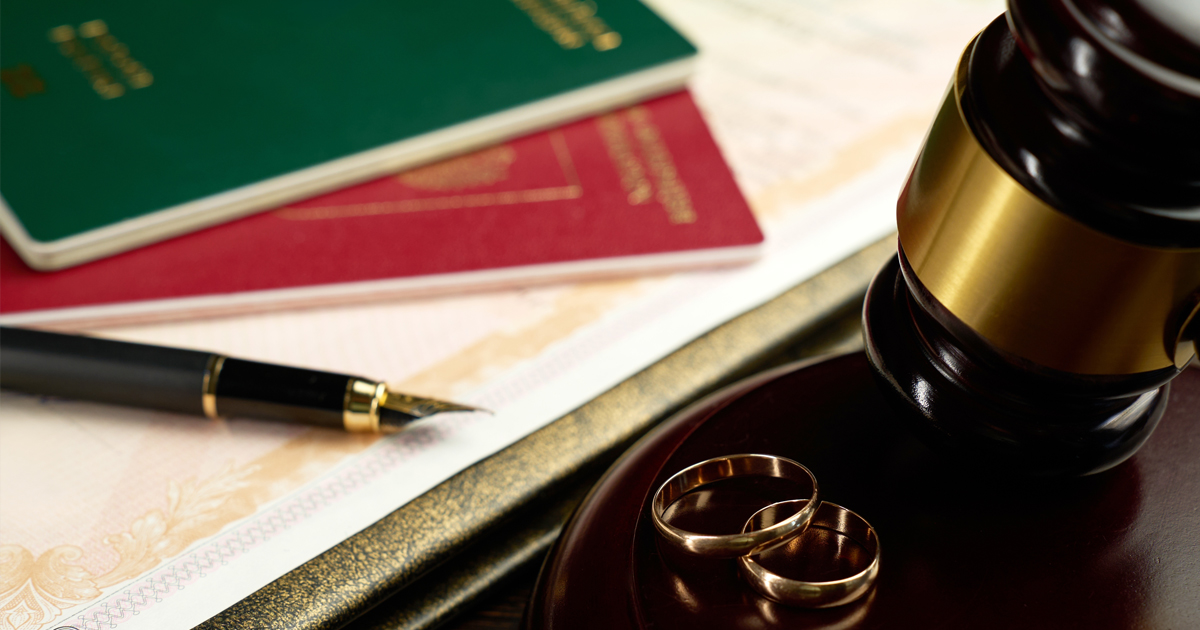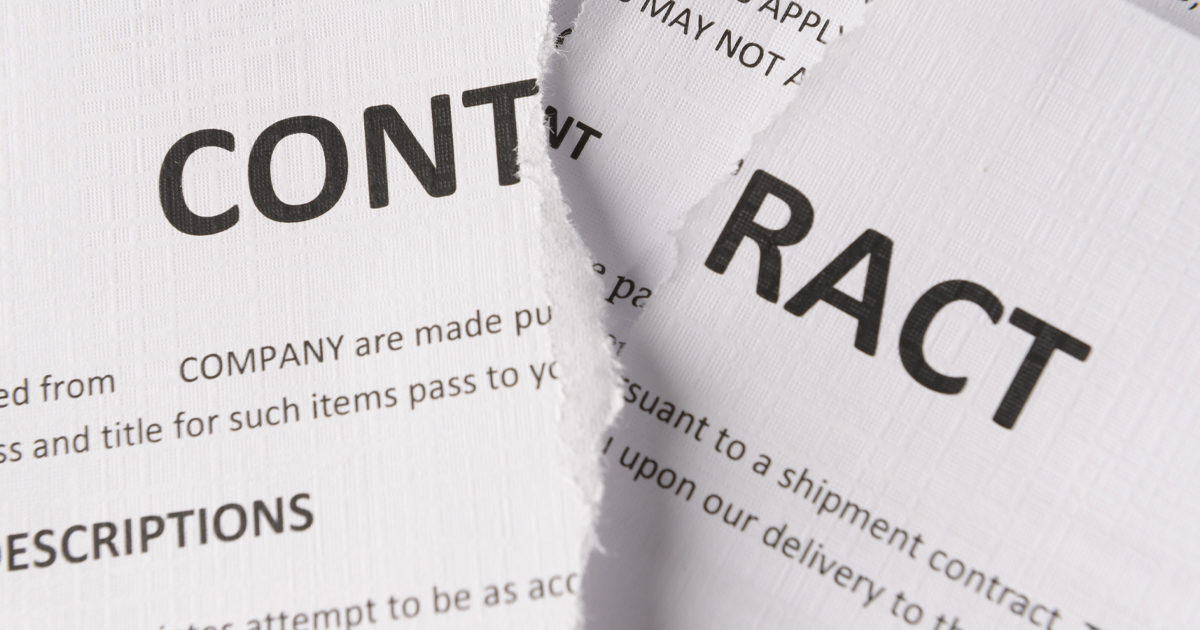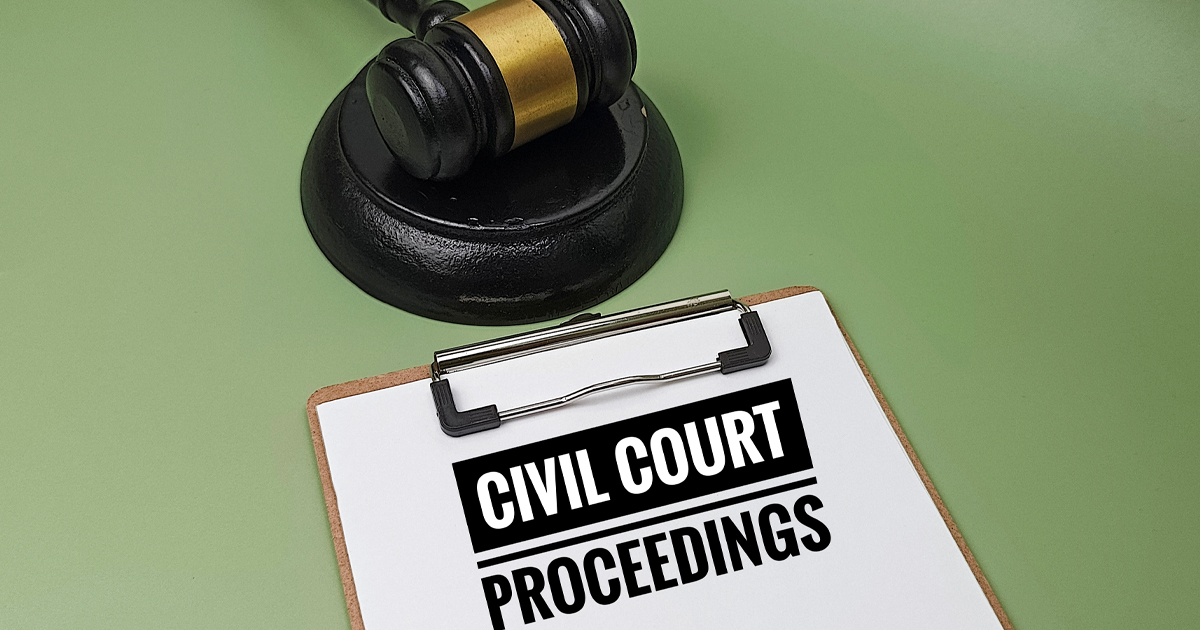When a marriage ends, one of the most important – and often most emotionally charged – issues is ensuring that children and financially dependent spouses continue to receive the support they need. In Singapore, both parents have a legal obligation to maintain their children, and in many cases, a spouse may also be entitled to financial maintenance following a divorce.
Yet, questions frequently arise: How is child maintenance calculated? What factors influence spousal maintenance? What happens if the other party stops paying? With the introduction of the Maintenance Enforcement Process (MEP) in January 2025, Singapore has taken significant steps to streamline enforcement and ensure accountability.
This article provides a clear overview of your rights and responsibilities under Singapore’s family law framework. It covers the legal basis for child and spousal maintenance, how amounts are determined, and the new enforcement measures in place to protect those entitled to support.
Child Maintenance
Under Singapore law, there is a duty for a parent to maintain or contribute to the maintenance of their children. If it is proven that a parent has refused to provide reasonable maintenance for a child who cannot maintain themselves, a court can order either a monthly payment or a one-time lump sum.
To ensure fair child maintenance, the Court generally arrives at a final maintenance order by considering the child’s education, financial, and other living expenses.
If you are concerned about your spouse avoiding their duty to maintain the children, you can apply for interim child maintenance orders, which can be sought during separation or the early stages of divorce. The Court will evaluate the child’s reasonable needs while considering the family’s circumstances, guided by Section 69(4) of the Women’s Charter 1961.
Key factors the Court considers include:
- The child’s reasonable needs. These include daily necessities (food, clothing, shelter), education-related costs (tuition fees, school materials, extracurricular activities), and healthcare needs (regular medical check-ups, ongoing treatments). When seeking maintenance, you must explain and justify the proposed expenses, demonstrating how they are necessary and reasonable in light of the children’s standard of living. You should also provide evidence, like receipts or estimates, to substantiate projected costs. Not all expenses automatically qualify as reasonable; luxury or discretionary items may not be included unless they align with the child’s established standard of living.
- The financial capacity of each parent. The Court evaluates both parents’ financial ability to contribute. This involves assessing their income ratios to ensure a fair distribution of financial responsibility. If one parent earns significantly more, they may be required to contribute a larger portion. The goal is to balance the child’s welfare needs with the financial realities of both parents, ensuring neither is overburdened while the child’s needs are met.
- Impact of marital breakdown. The Court acknowledges that a marital breakdown changes the financial dynamics of the family. Factors such as a parent moving out or changes in income due to divorce proceedings are considered, as the financial strain from separation can affect the resources available to both parents.
Children under the age of 21 are generally eligible for maintenance from their parents. Maintenance orders typically cease when a child turns 21 unless the order expressly states otherwise. However, maintenance can be extended for children above 21 under certain circumstances, such as if they are pursuing tertiary education, serving national service, have a mental or physical disability, are studying or undergoing vocational training, or other special circumstances.
Spousal Maintenance
In Singapore, Section 113 of the Women’s Charter empowers the court to order a man to pay maintenance to his wife or former wife. This can be ordered either during matrimonial proceedings or after the divorce.
Ensuring fair spousal maintenance involves the court assessing whether the party seeking maintenance has a need for it and, if so, determining the appropriate amount, known as the quantum of maintenance.
The court considers the specific facts of each case. Section 114 of the Women’s Charter sets out factors that will influence this decision, including:
- The earning power of both parties, looking at their past, current, and future ability to earn.
- The financial burden of raising the child, particularly if the wife is awarded care and control of the child, as she would need to bear the financial burden of raising the child who also requires maintenance.
- The standard of living enjoyed by the family before the marriage broke down.
- The age of the parties and the duration of the marriage.
- The contributions made by each party to the family.
- Any potential losses suffered by the parties as a result of the marriage.
The court will look at these factors to balance the financial realities of both parties while considering the needs of the spouse seeking maintenance.
If you are earning a large salary, this may influence the judge and potentially lead to a lower quantum of maintenance, or none at all. Similarly, if substantial matrimonial assets are awarded to you during the division of assets, this may also justify a smaller maintenance amount.
Maintenance orders can take different forms, such as fixed monthly payments, reimbursement of specific expenses (in full or in part), or direct payment of expenses to a service provider like a childcare centre or utilities provider.
The court may also order nominal spousal maintenance. This is typically done if the applicant can show that their circumstances are likely to change significantly in the future, for example, due to future loss of earnings because of a change in personal circumstances or illness6. This nominal order helps preserve the right to claim for higher maintenance in the future if needed.
Read more: Am I Entitled to Spousal Maintenance in Singapore?Enforcement of Maintenance
To enhance the enforcement of maintenance orders and ensure recipients receive entitled financial support, Singapore has implemented a new Maintenance Enforcement Process (MEP), which commenced on 16 January 2025. This initiative provides a structured approach to deter non-payment.
A key feature is the establishment of the Maintenance Enforcement Division (MED) within the Ministry of Law. This division employs Maintenance Enforcement Officers (MEOs) who are empowered to conduct conciliations, actively seek information, and recommend solutions to parties. MEOs can also obtain necessary information from banks and public agencies to help resolve enforcement applications based on accurate financial data.
Applicants can file their enforcement applications with the Family Justice Courts, and eligible cases will be referred to the MED. Respondents undergoing the MEP are charged $180 for the MEO’s services, and fee structures are subject to review in subsequent phases.













